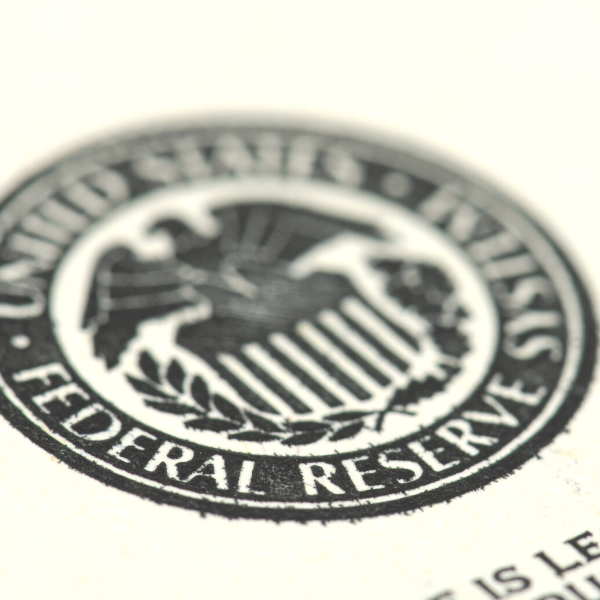Businesses of all sizes continue to be affected by COVID-19, which has prompted the United States Federal Reserve to institute the “Main Street” lending program to help small- to medium-sized businesses. This new program, authorized under Section 13(3) of the Federal Reserve Act, is intended to provide much-needed cash flow to struggling businesses through existing lending channels. Although it is anticipated that more information about the Main Street program will be released in the coming days, the Federal Reserve issued these important details:
Eligibility
Businesses eligible for a Main Street loan will be those that have up to 10,000 employees or had up to $2.5 billion in 2019 annual revenues. A business must be organized, have significant operations, and a majority of its employees in the United States. A business that seeks to obtain a Main Street loan may not also participate in the MSELF or the Primary Market Corporate Credit Facility.
Loan Amounts
The proceeds from a Main Street loan will range from a minimum of $1 million to a maximum of $25 million or an amount that, when added to a business’s existing outstanding and committed but undrawn debt, does not exceed four times that business’s 2019 earnings before interest, taxes, depreciation, and amortization (“EBITDA”).
Key Loan Terms
It remains unclear what interest rates borrowers can expect, but all loans administered through the Main Street program will mature over a 4-year period, with principal and interest being deferred for the first year. Borrowers will also be able to prepay any outstanding balances without penalty.
Required Borrower Certifications
When applying for a Main Street loan, borrowers must make certain representations to their lender, including, among others:
- A certification that they are eligible for a Main Street loan and need financing due to exigent circumstances caused by COVID-19;
- An acknowledgment that loan proceeds will not be used for repaying or refinancing existing loans or lines of credit;
- A commitment to repay the Main Street loan before repaying other debt of equal or lower priority, except for mandatory principal payments; and
- An attestation that it will follow compensation, stock repurchase, and capital distribution restrictions that apply to direct loan programs under section 4003(c)(3)(A)(ii) of the CARES Act.
The attorneys at McCarthy Lebit remain available to discuss any questions or needs that your business may have. We are continuing to stay apprised of COVID-19 developments and will continue to update our materials accordingly.
Author
-

Adam L. Glassman
Adam Glassman is an Associate at McCarthy Lebit with a diverse practice that incorporates both transactional and business litigation matters. Learn more about Adam and his practice.

